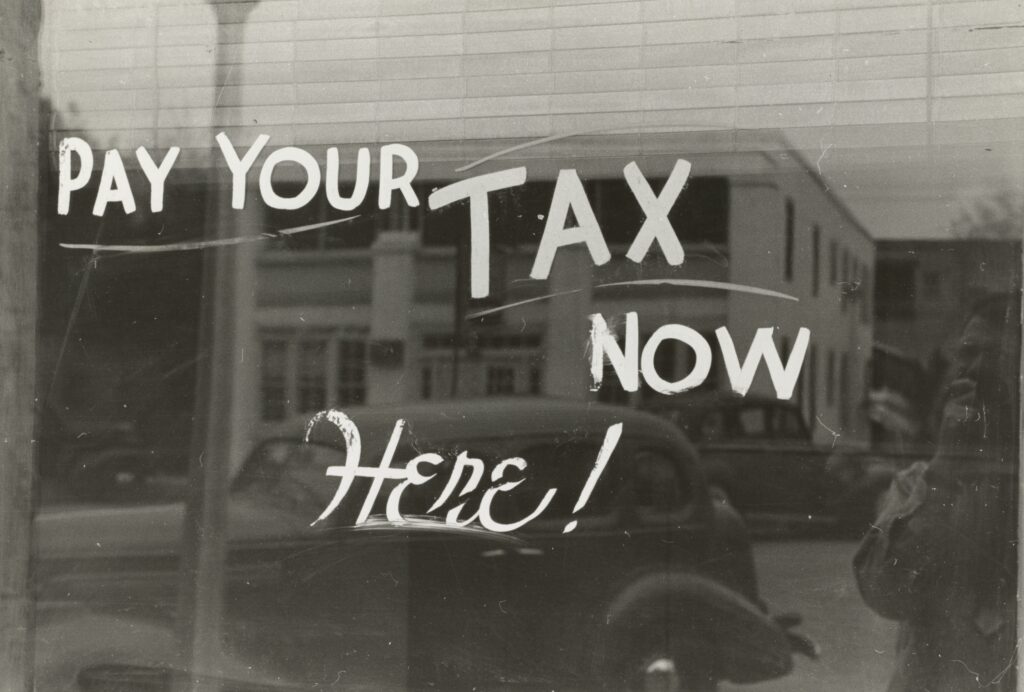
Understanding homeowners’ association tax requirements can be one of the most overwhelming responsibilities for Florida HOA board members. Rules differ for unit owners versus the HOA as a whole, as do an HOA’s federal versus state tax responsibilities, the association’s property versus income tax obligations, and so on. To ensure your HOA is meeting all its financial and tax obligations, consider rounding out your leadership team to include an attorney and an accountant.
Read on to learn more about who we deem to be essential members of an HOA leadership team and how they can help you with important tax preparation documents and financial management all year long.
Rounding Out Your Leadership Team with the “Fantastic Five”
Leading an organization that’s the size and complexity of a condo or homeowners’ association in Florida takes a team. Multimillion-dollar nonprofits in Florida must abide by numerous legal requirements in addition to HOA-specific rules and regulations. No one person can be an expert in all these areas, which is why it’s beneficial to partner with experts who are.
In our experience working with HOAs and condo associations across Florida, we’ve seen that the communities who lean on a well-rounded team of experts to complement their elected leaders are those that truly thrive.
So who exactly needs to be on this team of experts? We call them the “Fantastic Five,” and they include:
- The HOA’s Board of Directors – Volunteer members who live in the community and serve as elected leaders for their condo association.
- Property managers – The services PM companies offer can help relieve board members of much of the day-to-day operational needs of the association – and do so much more efficiently.
- Attorney – Retaining an experienced community law attorney is a strategic and fiscally responsible way to comply with all regulations and keep disputes and litigation at bay.
- Insurance agent – The insurance landscape in Florida is complex, and it’s even more complicated for associations. An insurance agent can help you wade through your coverage options, review your HOA’s insurance policy regularly and ensure your HOA has the right levels of coverage.
- Accountant – A professional accountant can ensure all financial and tax obligations are being met accurately and in compliance with state and federal rules and regulations.
What Florida HOAs Need to Know about Taxes
Florida HOAs must manage several tax responsibilities to stay compliant with state and federal tax laws. Per Florida Statute §720.3015, HOAs are generally considered corporations under the eyes of the federal government despite being considered a non-profit organization by the state. This means they must pay taxes to the IRS – though, of course, like most things, there are exceptions.
To ensure your HOA is completing the correct filing forms and accurately accounting for exempt income and non-exempt income, among the myriad other tax considerations for your HOA, partner closely with a professional accountant. Together, with other professionals assisting your leadership team, your board will ensure compliance and reduce the burden of managing these responsibilities on your own. To learn more and ask your questions about community law in Florida, contact our team today. You can also take a look at our website for dozens of other helpful resources and legal forms for Florida condo and homeowners associations.

